
Neurophysiology Lab students present at Second Annual American Physiology Summit
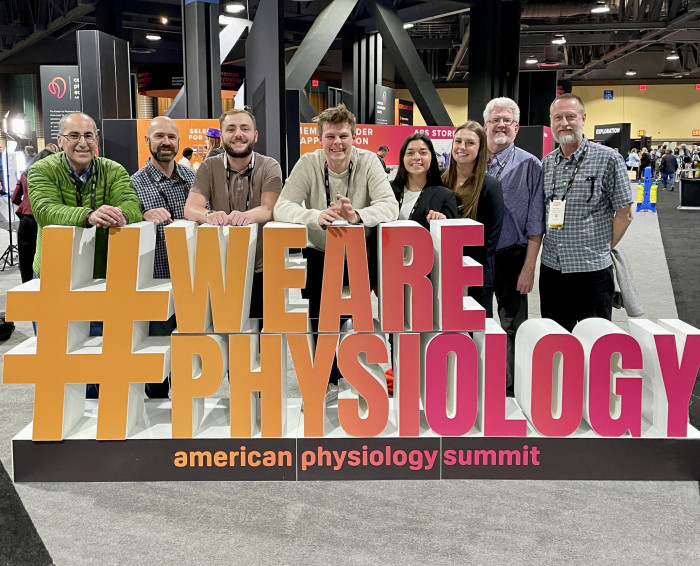
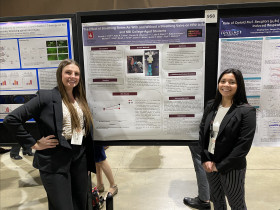
This conference was hosted by the American Physiological Society, which was founded in 1887 and consists of nearly 10,000 scientists and educators worldwide. The members of this society are committed to driving physiology and related biomedical research that contributes to advancing treatments for everything from cancer and heart disease, to obesity and addiction. This international conference was attended by over 3,100 physiologists from 43 countries.
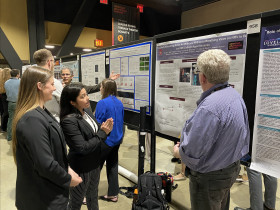
Each of their abstracts will be published in a supplement to the journal Physiology in May 2024, and their posters were included in the “Autonomic Balance: Sympathetic and Parasympathetic” section of the conference. A summary of this research will be presented to the Carthage community at the annual Celebration of Scholars event on Saturday, May 4.
Titles of abstracts/posters
- Luke Elhert ’24: During Exposure to 3%, 5%, and 7% CO2, Both Behaviorally Inhibited and Non-Behaviorally Inhibited Individuals Increased Minute Ventilation Through Different Mechanisms
- Connor Wiseman ’24: Behaviorally Inhibited Individuals Learn to Avoid Transdermal Stimulation More Quickly, and This Learning is Accelerated Throughout the Study
- Hannah Poff ’24 and Kate Talens ’24: The Effect of Breathing Room Air With and Without a Breathing Valve on HRV in BI and NBI College-Age Students
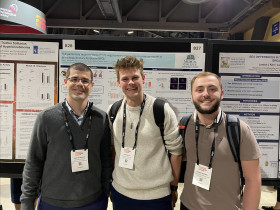
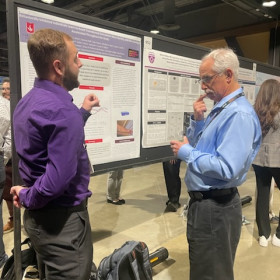
Kate and Hannah are applying to physician assistant (PA) school, and Connor is applying to medical school. Luke was recently accepted into the Neuroscience Research Doctoral Program at the Medical College of Wisconsin and is one of several students from the Carthage Neurophysiology Lab who have successfully been placed in a graduate program.
Sponsoring Department, Office, or Organization:
Biology Department
